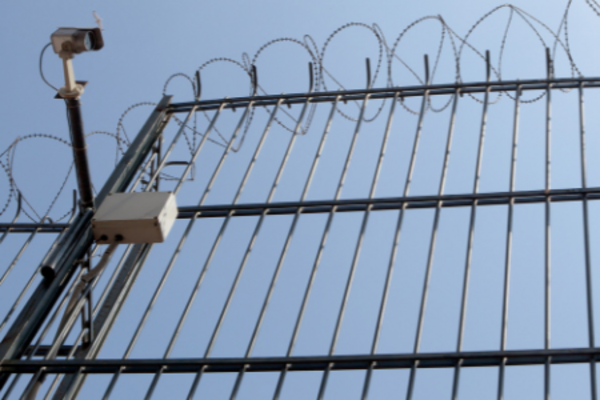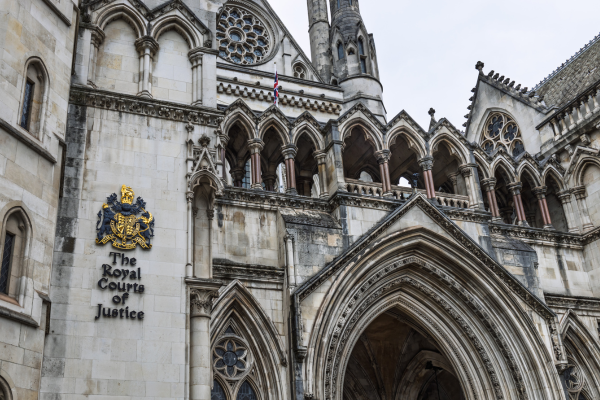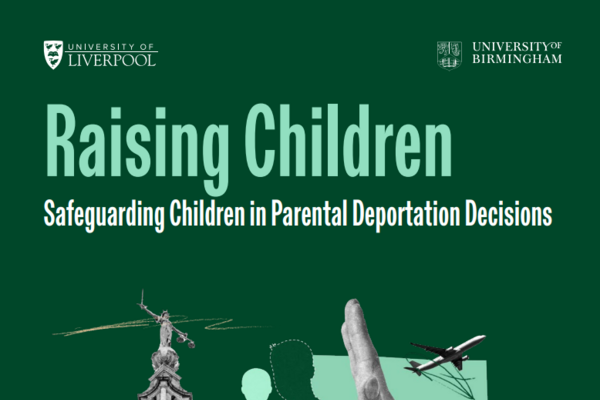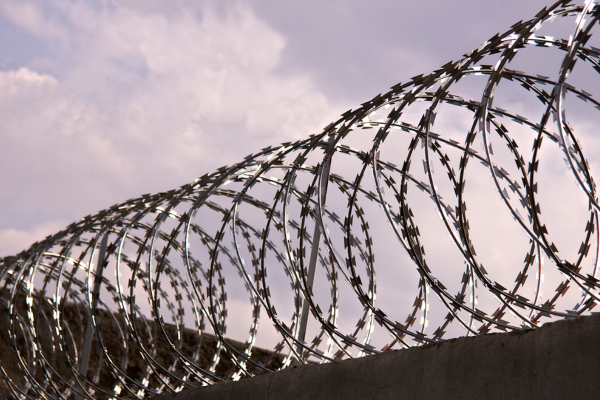HMIP’s inspection report into Dungavel Immigration Removal Centre highlights structural problems with the Home Office’s approach to immigration detention. Although the report largely describes the centre as operating to high standards compared to other IRCs, it demonstrates the harmful impact of detention and its disproportionate use. Immigration detention is neither just nor humane, even when the centre scores highly on the inspector’s “healthy establishment outcomes”.
The report raised concerns about the practice of keeping people in detention regardless of being assessed as adults at risk or despite having little prospect of being removed, recommending the Home Office not to prolong detention “(...) unnecessarily when there is little prospect of removal within a reasonable timeframe, especially for vulnerable detainees whose health and well-being is detrimentally affected by ongoing detention” (p.12). The report documented the detrimental effect on well-being even when “staff cared for them well”.
“Many detainees had been held for lengthy periods with little prospect of being removed within a reasonable time. One man had been held for almost a year, although he had no travel documents and flights to his home country were very restricted. Some long-held detainees had been assessed as level 3 adults at risk (the highest risk level), which meant that the Home Office accepted that ongoing detention was having a negative impact on their health and well-being. Report on an unannounced inspection of Dungavel Immigration Removal Centre 13 Others were held despite the Home Office accepting that they were victims of torture”
Similarly, the report raises concern about the prolonged use of detention in cases where people have been granted bail in principle due to the failure of the HO to provide accommodation.
“(...) Some were held for too long – the longest detained person had been held for almost a year with little prospect of him being removed in the near future. Many individuals who had received bail in principle also continued to be held because of a lack of suitable release addresses.”. (p.9)
A particularly concerning finding was that “some detainees with a history of violence against women were held in the centre during the pandemic, which meant that female detainees had to be escorted around the site” (P. 9). How this situation has been allowed to occur is extremely alarming.
Another worrying finding is the limited range of activities, classes and employment opportunities due to COVID:
“Most employment had ceased during the pandemic, but the rationale for removing cleaning roles was unclear and there was not enough focus on creating new roles to help support detainees’ mental and physical well-being. Recommendation: Leaders should substantially increase the range of paid work opportunities for detainees to help support their mental and physical well-being” (p.44)
Data on victims of trafficking detained was also unavailable: “neither the Home Office nor the centre had up-to-date records of the number of referrals made under the National Referral Mechanism (...)” (p. 8)









